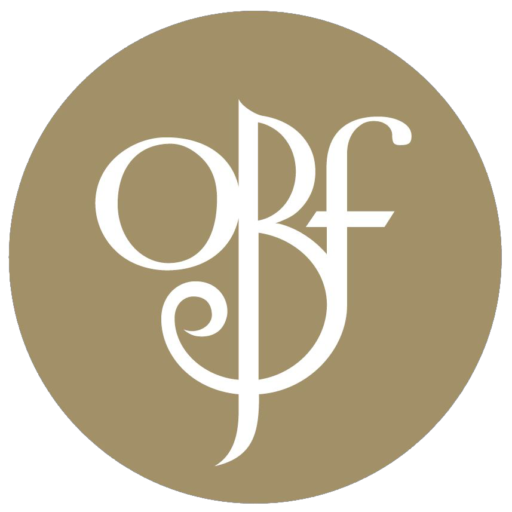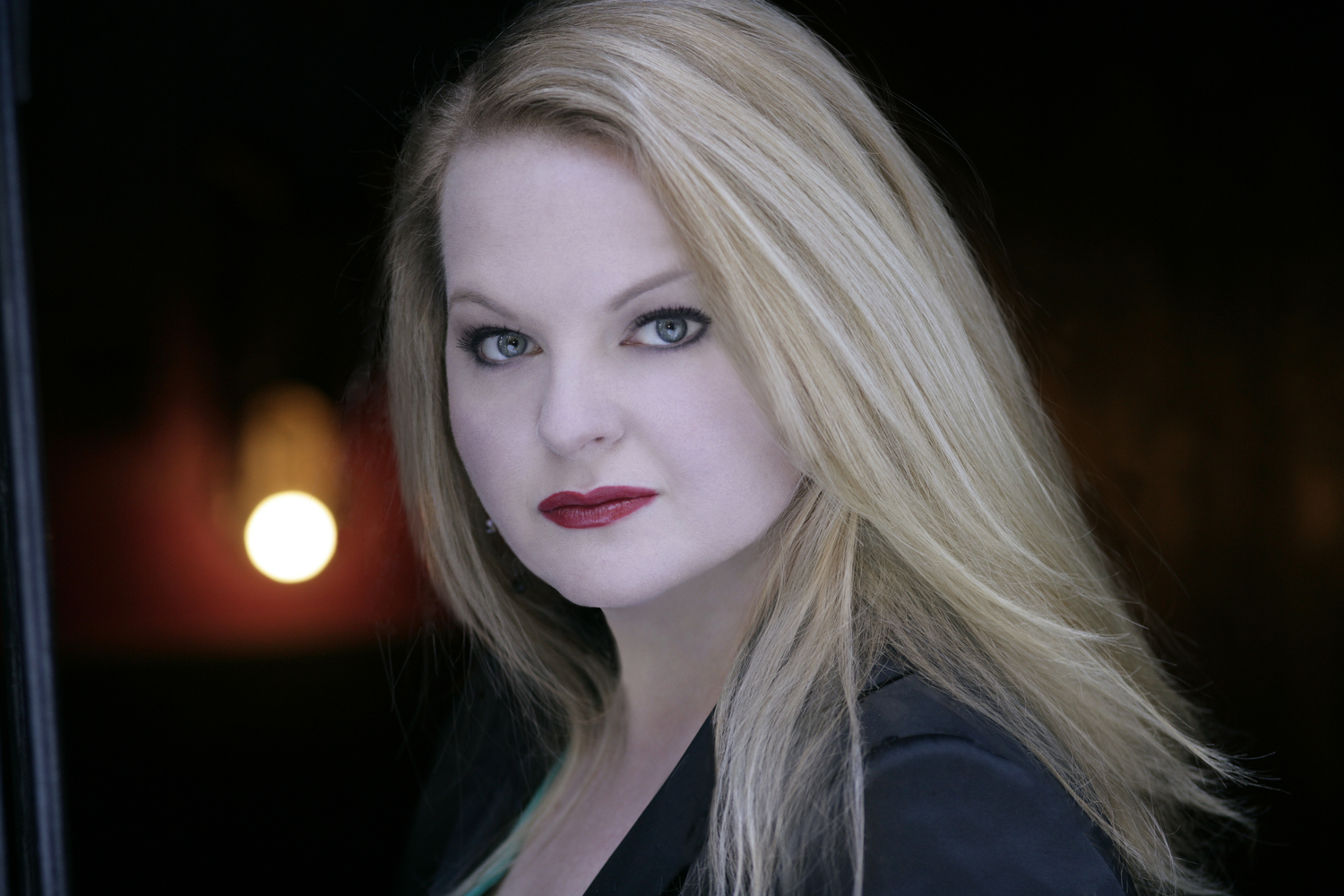It isn’t fancy recital halls or big-name collaborations that mezzo-soprano Elizabeth DeShong remembers as her most cherished accomplishments. These are actually conversations with other artists, moments of mutual appreciation and intrinsic artistic understanding.
“That said, I would have to say that having [Supreme Court Justice] Ruth Bader Ginsburg attend my recital at the Kennedy Center was a particularly memorable experience and a time when I felt I had achieved something on a level that warranted taking a moment to congratulate myself,” Elizabeth says.
She brings these special connections with colleagues to the 2019 Oregon Bach Festival. She will be part of the production that opens our amazing two weeks: Mozart Requiem and Symphony No. 29 on Friday, June 28.
Observational Awareness
In a general sense, Elizabeth thinks that everything that is done off of the stage provides inspiration on stage.
“Taking time to observe others and ourselves in our everyday life allows us to realistically translate that into the fictional interactions we explore in the theater,” she says.
When she learns a new role, Elizabeth sits down at the piano and plays through the score. Ornamentation, dynamic variations, tempi … everything comes organically through the thoughtful consideration of text and notation.
“The best details tend to emerge when I visualize the physical drama I hope to convey and then find a way to musically support that action. Doing this work before entering into the rehearsal process is extremely important,” she says.
A Singer’s Suitcase
Another way that Elizabeth incorporates that observational awareness is through her photo blog, A Singer’s Suitcase, where she posts a different photographic observation daily. She writes a small caption that tends to hint at what was triggered in her mind, but leaves room for others to interpret freely.
“The photos are not always about compositional beauty or skill, but more about capturing something that could have gone unnoticed,” she says.
This type of observation was given as advice early in Elizabeth’s studies, when the phrase “keep your mouth shut and your ears open” proved itself highly valuable on so many levels.
“When you are starting out, you have everything to learn. Listen to the voices and the working conversations. Watch how professionals rehearse. Ask yourself why they are successful? … Be an observer and then incorporate the best of what you witness into your artistry,” she says.
Learn more about Elizabeth DeShong.
Explore more deeply enriching concerts at OBF 2019.

